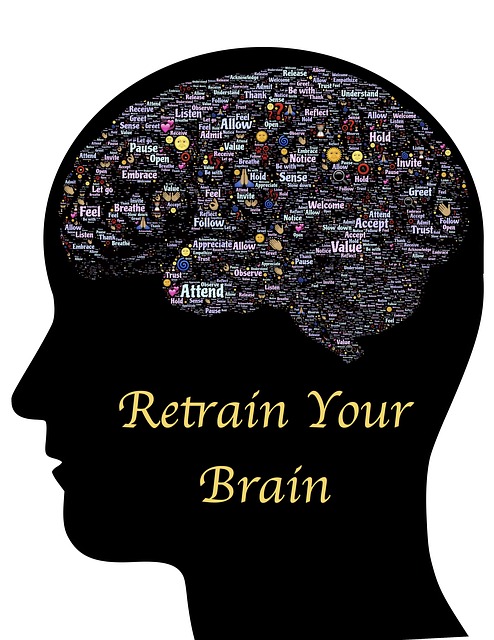Matthew Brensilver, in a guided meditation provided through MARC UCLA, emphasises the essential character of attention and its role in building our inner and outer awareness while contributing to a life that is fully lived. In his preliminary discussion as an introduction to his meditation on Attention as Our Most Basic Currency, he highlights the erosion of our attention span, the “fragmentation of our attention” and the resultant turmoil of many lives today.
In Matthew’s view, mindfulness practice “cultivates attention”, builds resilience and engenders peace and tranquillity. He suggests that attention is “our basic currency” – it provides the means for us to be fully human and experience life in all its richness.
Distraction creates a low attention span and devalues our “currency”
There are so many things that compete for our attention and distract us from the inherent potentiality of the present moment. Our everyday behaviours contribute to this erosion of attention. For example, while we are waiting for a bus, a service or a friend, our default is to pull out our phone rather than to take the opportunity to increase our awareness through focused attention. Our mobile phone leads us down the path of endless distraction – it’s almost an escape route from the reality of our daily lives.
We might feast on the news, get lost in the external (but empty) validation provided by social media “likes” or explore the endless trails offered by disruptive advertising. This simple device that has become known as “Wireless Mass Distraction” (WMD) erodes the power of focused attention and reduces the opportunities to grow in inner and outer awareness. The obsession with “selfies” via the phone is an emerging social behaviour that intensifies the power of phones to be a source of mass distraction and to create a low-attention-span culture.
Distraction is used as a way to free us from boredom, rather than embrace it and savour the freedom it provides. So, instead of taking the opportunity to harness our attention and grow our awareness, we resort to activities that take our mind elsewhere and fragment out attention and diminish our attentional power.
Mindfulness practice and attention
While there are numerous mindfulness practices and meditations, Matthew suggests that mindfulness, in essence, is “paying attention to our lives”. This allows us to accept “what is” (with all its challenges and imperfections) and to experience the richness of our life more fully. Distraction, on the other hand, fragments our attention and blinds us to our inner and outer reality. It’s almost like we are constantly running away from what is within us for fear that we may not like what we see.
Mindfulness practice enables us to pay attention to – to face up to – what we are really thinking and feeling, the expression of these thoughts and feelings through our bodily sensations and the impact we are having on others. Through mindfulness practice, we can learn how our past plays out in the present. It also enables us to draw on the healing power of nature, the personal empowerment of appreciation and gratitude and the stillness that enables us to access and grow our creativity.
As we cultivate our attention and grow in mindfulness, we are better able to experience the richness of our human existence, enjoy greater peace and harmony and access our endless inner resources to meet the vicissitudes of our daily lives.
____________________________________________
Image by John Hain from Pixabay
By Ron Passfield – Copyright (Creative Commons license, Attribution–Non Commercial–No Derivatives)
Disclosure: If you purchase a product through this site, I may earn a commission which will help to pay for the site, the associated Meetup group and the resources to support the blog.

